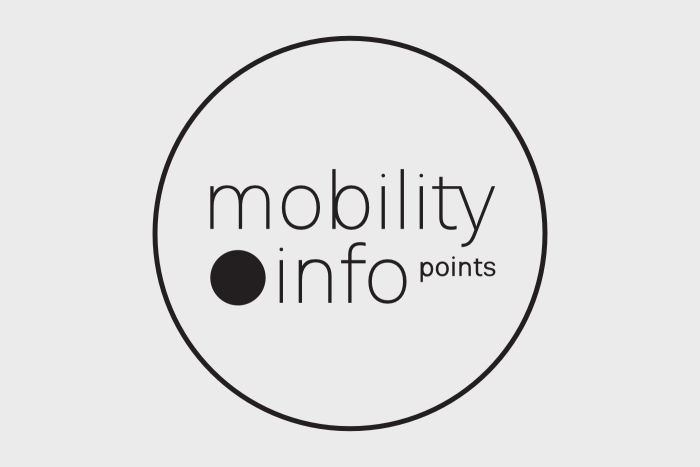What are the mobility information points?
Mobility Information Points (MIP) are information centres who aim to tackle the administrative challenges artists and cultural professionals can face when working across borders. The group cooperates to share resources in the European and international context, covering issues such as visas, social security, taxation, and customs rules.
The MIP members vary in terms of their structure. Some are independent organisations, while others are part of existing public bodies. They usually have strong links with their local ministries and governments, as well as with relevant legal experts or consultants.
MIP members meet every 6 to 7 weeks to exchange on the latest regulatory updates or pressing questions. Special meetings with external guests and experts are also planned throughout the year to deal with specific issues. For instance in 2022, issues discussed included visas within the Schengen space (with representatives from DG Home and EAC as well as Pearle*), Brexit (with Latitude Law), and touring with musical instruments (with Pearle* and American League of Orchestras).
MIP representatives often take part in conferences, meetings, markets, workshops (such as WOMEX, Visa for Music, MAMA etc.) - see the events archive for more info.
The group is coordinated by ITI and IGBK, through Touring Artists.
Learn more about the information points
Find a mobility information point
Core MIPs:
- Belgium: Cultuurloket
- Czech Republic: CzechMobility.Info (hosted by Arts and Theatre Institute)
- France: MobiCulture
- Germany: touring artists (hosted by IGBK, ITI and DTD)
- The Netherlands: DutchCulture / TransArtists
- Portugal: Loja Lisboa Cultura
- Slovenia: Motovila
- UK: Wales Arts International with Arts Infopoint UK
- USA: Tamizdat
Associate MIPs who are still in the process of developing their information services:
- Finland: Theatre Info Finland
- Poland: Zbigniew Raszewski Theatre Institute
- Sweden: Scensverige
MIPs in case studies and policy recommendations
MIPs are regularly mentioned as good case practices in EU / international reports and recommendations:
- The status and working conditions of artists and cultural and creative professionals - Report of the OMC (Open Method of Coordination) group of EU Member States’ experts, June 2023, p.64.
- Council conclusions on reinforcing intercultural exchanges through the mobility of artists and cultural and creative professionals, and through multi-linguiilism in the digital era, 4 April 2022, page 2.
- UNESCO, Re|Shaping policies for creativity: addressing culture as a global public good, 2022, page 143.
- International Cultural Relations Perspectives and recommendations informed by the participants of the Voices of Culture Structured Dialogue on International Cultural Relations (2 - 9 February 2022), page 22.
- Voices of Culture, Status and Working Conditions for Artists, Cultural and Creative Professionals, 2021, page 42.
- The Situation of Artists and Cultural Workers and the post-COVID-19 Cultural Recovery in the European Union, Background analysis requested by the Culture Committee of the European Parliament, 2021, pages 18 and 36 in particular.
